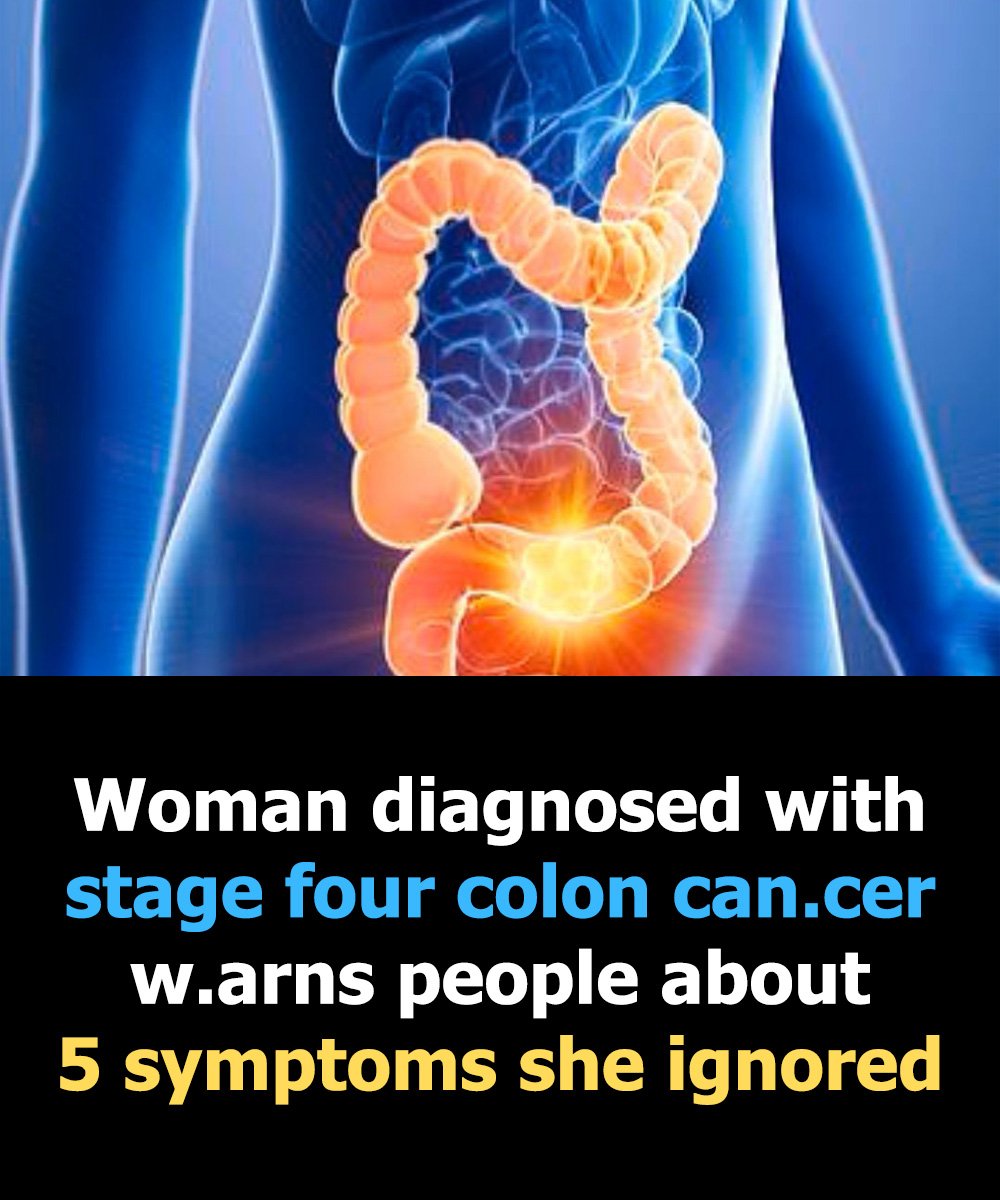Unexplained abdominal pain, bloating, or cramping — especially if unlike your usual menstrual or digestive pain. roswellpark.org
Fatigue or weakness/anemia — chronic low‐level bleeding from the colon can lead to iron deficiency. Colon Cancer Coalition
Unintentional weight loss — losing weight without changing diet or activity, or feeling full early when eating. Cleveland Clinic
Her regret: dismissing the symptoms as “just stress,” “normal for me,” or “probably something else.”
Risk Factors to Know
-
Age 45+ (screening typically begins at age 45) cinj.org
-
Family history of colon cancer or polyps
-
Personal history of inflammatory bowel disease (ulcerative colitis, Crohn’s)
-
Lifestyle factors: low‐fiber diet, high processed‐meat intake, obesity, smoking, alcohol use The Times of India
-
Genetic syndromes (e.g., Lynch syndrome) that increase risk at younger ages Wikipédia
Screening & Prevention: What You Can Do
-
Book a colonoscopy at age 45 (or earlier if you have higher risk). Screening can find polyps before they turn cancerous. Cleveland Clinic
-
Never assume “I’m too young” or “It’s just digestive issues.” Studies show younger adults are being diagnosed more frequently. Centre de recherche sur le cancer+1
-
Maintain a colon‐healthy lifestyle: high in fiber (whole grains, vegetables), limit red/processed meats, stay physically active, avoid tobacco & heavy alcohol. The Times of India
-
Track your body: note any persistent changes in stool, unexplained bleeding, new discomfort—even if you think it’s nothing.
-
Communicate clearly with your doctor: “I had symptom X for Y weeks and it’s different from normal for me” can lead to further testing rather than dismissal.
What to Do If You Experience Symptoms
-
Don’t wait: If any of the five symptoms above persist more than two weeks, schedule a visit.
-
Ask your provider about referral to a GI specialist or a diagnostic colonoscopy. Cleveland Clinic
-
Keep a log: what you felt, how long, changes in stool, blood, fatigue, weight loss. This helps your doctor assess.
-
If you’ve already had screening but develop new symptoms, mention this explicitly—cancer may develop between screenings.
Final Thoughts
No one wants to hear a diagnosis of Stage 4 colon cancer. But this woman’s story reminds us: early warning signs do matter. They may seem minor, or easy to attribute to something else. But they shouldn’t be ignored. A change in your body is your signal—listen to it, act on it.
💬 If you see any of these symptoms, don’t assume it’s nothing—check with your doctor. Your life may depend on that conversation.

